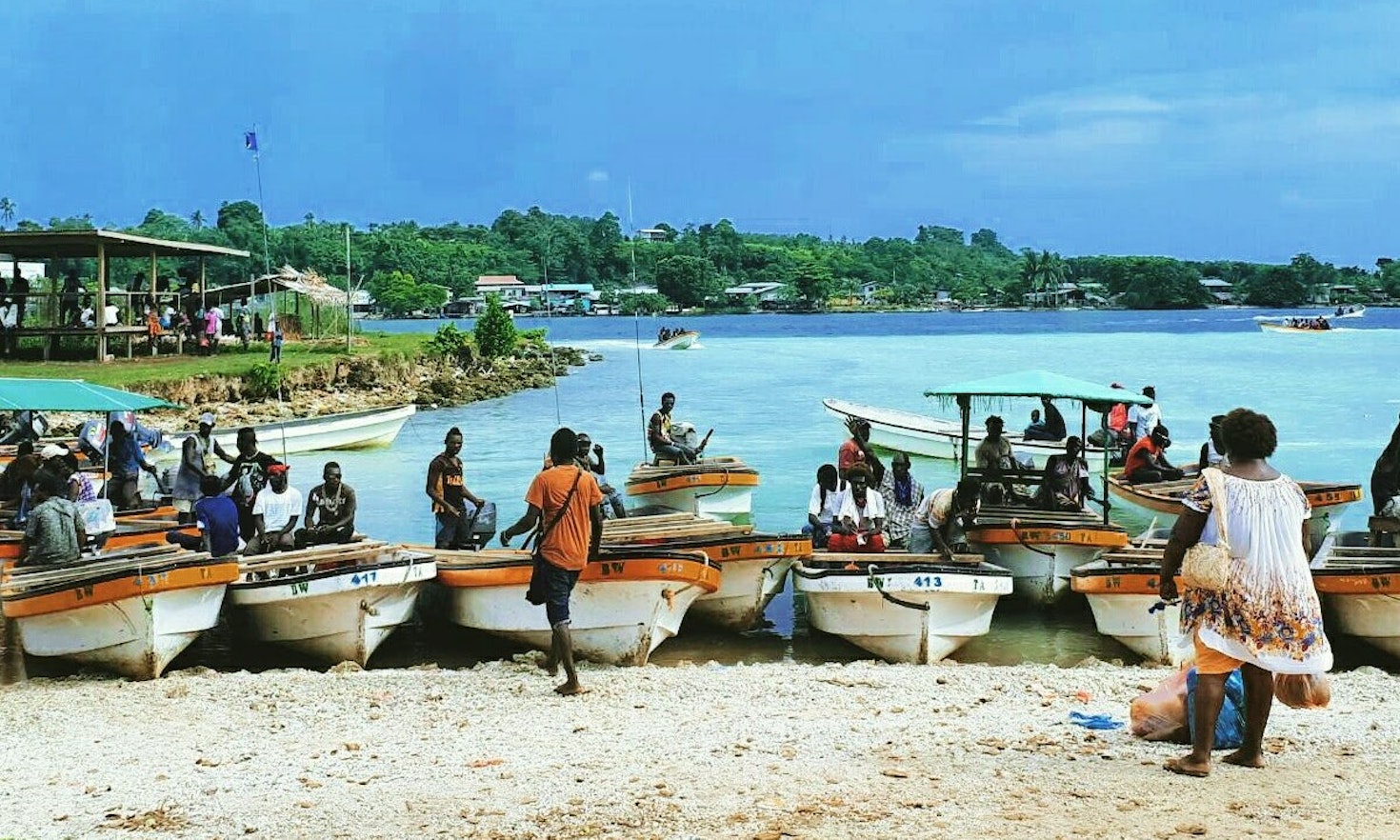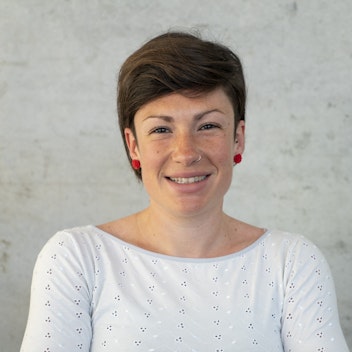What is going on with Bougainville (the island in the Pacific Ocean, not the flower)?


All photos: Martina Trettel
Almost two years ago, in January 2018, I found myself travelling to the other end of the world – Papua New Guinea (PNG), to be precise – to present a report on autonomy arrangements around the world. The Institute I work for, the Institute for Comparative Federalism of Eurac Research, was asked to provide a comparative overview on asymmetric autonomy solutions around the world, with specific regard to islands.

 Why is that? According to the PNG Constitution, by 2020 the autonomous Island of Bougainville (which is located on the north tip of the Solomon Islands archipelago and has a population of about 230,000 people) must ask to its citizens through a referendum if they would prefer an independent Bougainville or if they would like to maintain the status quo. For the time being Bougainville is, in fact, an autonomous region of PNG, and its particular autonomous arrangement (particular if compared to the rest of PNG, which is not decentralized at all) is entrenched in the Constitution, where the extensive degree of autonomy of the Island is defined in extreme detail.
Why is that? According to the PNG Constitution, by 2020 the autonomous Island of Bougainville (which is located on the north tip of the Solomon Islands archipelago and has a population of about 230,000 people) must ask to its citizens through a referendum if they would prefer an independent Bougainville or if they would like to maintain the status quo. For the time being Bougainville is, in fact, an autonomous region of PNG, and its particular autonomous arrangement (particular if compared to the rest of PNG, which is not decentralized at all) is entrenched in the Constitution, where the extensive degree of autonomy of the Island is defined in extreme detail.

 In brief, Bougainville and PNG were in a ferocious civil war for many years. The main driver of the conflict was the exploitation of natural resources (in which the Island is very rich) by PNG. The war lasted for more than 10 years, until international actors were able to settle it. The main outcome of the settlement was a peace agreement that encompasses both an autonomous arrangement for the Island and a provision regarding a referendum on independence.
In brief, Bougainville and PNG were in a ferocious civil war for many years. The main driver of the conflict was the exploitation of natural resources (in which the Island is very rich) by PNG. The war lasted for more than 10 years, until international actors were able to settle it. The main outcome of the settlement was a peace agreement that encompasses both an autonomous arrangement for the Island and a provision regarding a referendum on independence.
Initially the referendum was to be held on June 15th, 2019. Therefore, a team of experts (our Institute among them) were asked to write reports on the different potential outcomes of the referendum. In fact, it is not so common for new States to be born, and by no means an easy task. Moreover, the idea behind the entire set of (six) reports was to inform the citizens (90% of the population lives in rural tribes/villages, and half of it is illiterate) about both options: either Bougainville becomes independent, or it remains autonomous. In fact, despite the extensive political and financial autonomy granted to the Island by the legal sources, the reality on the ground reveals a wide gap between written rules and their implementation in practice. The weaker the societal and political preconditions, the longer it takes to implement autonomy arrangements, let alone independence.

 So what happened on that day in June? The answer is nothing. The referendum was postponed and it is taking place as we speak. In fact, from 23 November until 7 December, Bouganvilleans are being asked to decide between maintaining autonomy or going for independence. It is most likely that the latter will be the case (as explained in The Guardian) and the newest State on Earth will come into existence. However, whatever the result, the situation in Bougainville will remain critical with respect to the implementation of the (current) autonomy or the design and practice of (future) independence arrangements.
So what happened on that day in June? The answer is nothing. The referendum was postponed and it is taking place as we speak. In fact, from 23 November until 7 December, Bouganvilleans are being asked to decide between maintaining autonomy or going for independence. It is most likely that the latter will be the case (as explained in The Guardian) and the newest State on Earth will come into existence. However, whatever the result, the situation in Bougainville will remain critical with respect to the implementation of the (current) autonomy or the design and practice of (future) independence arrangements.


 | Martina Trettel is Senior Researcher at the Institute for Comparative Federalism of Eurac Research. She got her PhD in Constitutional and European Legal Studies at the Graduate School of Law of the University of Verona in 2017. Her main research interests are Institutional Innovation and Participatory Democracy, Fiscal Federalism, Federal and Regional Studies and Comparative Constitutional Justice but she is also very much interested in running, cats and crime books. |
Citation
This content is licensed under a Creative Commons Attribution 4.0 International license except for third-party materials or where otherwise noted.







